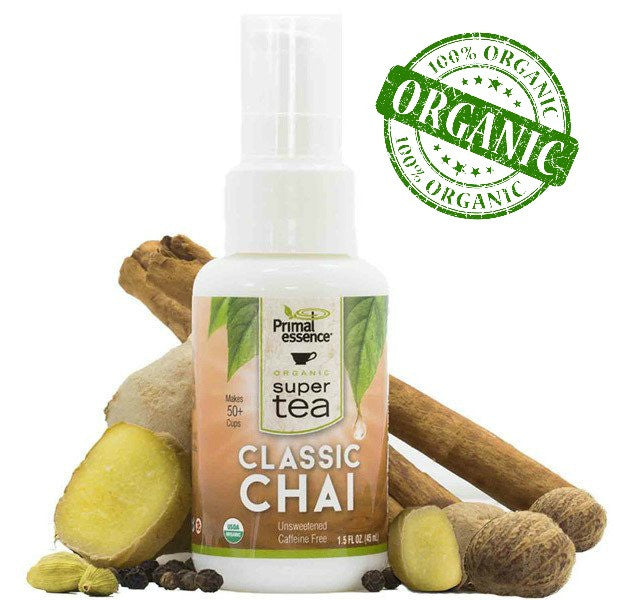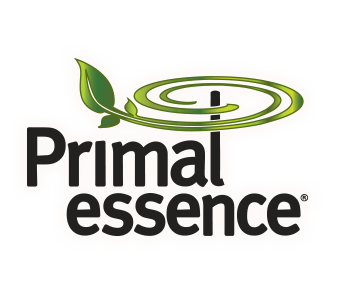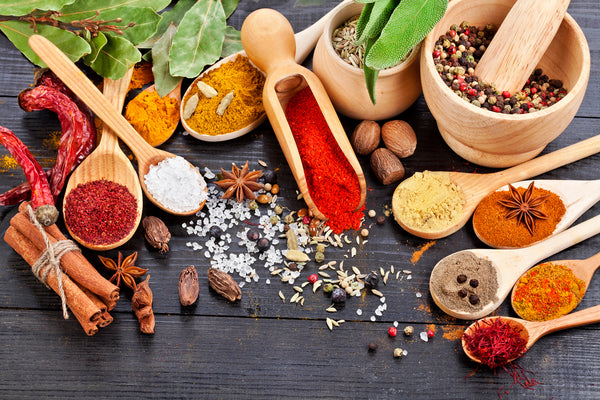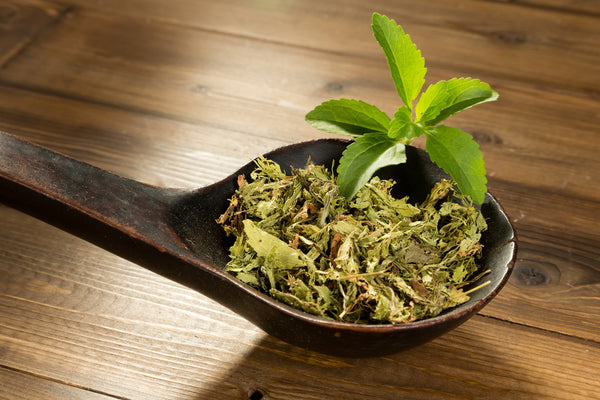Why you should choose USDA-certified organic over “natural”

Some companies will label their food and beverage products with “natural” and other empty marketing terminology meant to evoke images of open pasture and idyllic farmland. Companies use such labels to give customers the impression they’re making safe food choices. But this is only a feeling: currently, there is no FDA-regulated definition of “natural” on food labels.
The FDA merely has a vague notion of what “natural” ought to mean: no added color, artificial flavors, or synthetic substances. Sounds great! But such a label does not mean a company implemented practices that considered the full life cycle of their products, from farm to market. If you want to make sure your food is truly safe to consume and has a net-zero or positive impact on the environment, you should buy USDA-certified organic products.
What does organic mean?
The organic standards regulate all agricultural methods from planting, growing, and raising to processing and handling. The USDA-certified organic label is only allowed on foods that:
- are not genetically engineered or include GMOs (genetically modified organisms).
- have not been treated with unapproved pesticides, synthetic fertilizers, sewage sludge, and irradiation.
- are free of hormones and antibiotics.
Processed foods with the organic seal must contain at least 95 percent organic ingredients and cannot be processed with artificial colors, preservatives, or flavors.
Organic meat products, including beef, pork, poultry, and fish, must come from animals raised in conditions that accommodate their natural behaviors, such as grazing, and are only fed 100 percent organic diets.
How does a company become USDA-certified organic?
To legally label their foods with the USDA Organic seal, a company’s operations must be guaranteed by a USDA-accredited certifying agent to be following the organic standards. A company must demonstrate that their practices:
- protect natural resources, including maintaining or improving soil health and conserving water sources.
- preserve biodiversity in ecosystems from wetlands to woodlands.
- use only approved substances, including pheromones, vaccines, and baking soda, to treat crops and livestock and process food.
- prevent cross-contamination of organic products with non-organic ones during processing and handling.
Furthermore, organic farms must go to great lengths to prevent GMO crops and industrially-treated soil from cross-contaminating organic crops. Farmers must begin using organic methods for three years before even becoming a USDA-certified organic operation, ensuring the soil is healthy and free of harmful chemicals. Buffer areas are also created to ensure weather, wind, and pollinators do not contaminate organic crops with GMO seeds and pollen.
“Natural” does not mean “better for you”
“Natural” is not synonymous with organic or even healthy- arsenic and strychnine are naturally occurring substances, but you probably shouldn’t consume them. If you want to be sure your food was grown, raised, or processed without GMOs and harmful chemicals and preserves the environment, buy food and beverage products with the USDA Organic seal.
Primal Essence is committed to providing consumers with foods containing truly natural ingredients that promote both human and environmental health. That’s why our instant organic super herbal teas and organic extract infused coconut oils carry the USDA-certified organic seal. To learn more about our company’s practices, read our about page or feel free to contact us!
Leave a comment
Comments will be approved before showing up.



